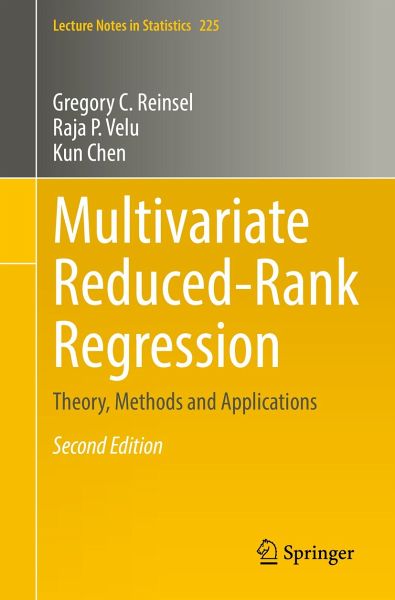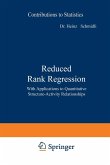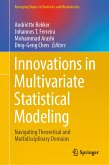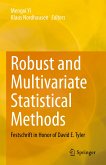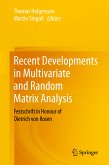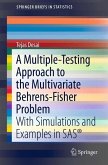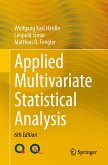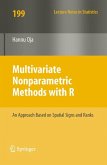This new edition incorporates Big Data methodology and its applications, as well as high-dimensional reduced-rank regression, generalized reduced-rank regression with complex data, and sparse and low-rank regression methods. Each chapter contains developments of basic theoretical results, as well as details on computational procedures, illustrated with numerical examples drawn from disciplines such as biochemistry, genetics, marketing, and finance.
This book is designed for advanced students, practitioners, and researchers, who may deal withmoderate and high-dimensional multivariate data. Because regression is one of the most popular statistical methods, the multivariate regression analysis tools described should provide a natural way of looking at large (both cross-sectional and chronological) data sets. This book can be assigned in seminar-type courses taken by advanced graduate students in statistics, machine learning, econometrics, business, and engineering.
Dieser Download kann aus rechtlichen Gründen nur mit Rechnungsadresse in A, B, BG, CY, CZ, D, DK, EW, E, FIN, F, GR, HR, H, IRL, I, LT, L, LR, M, NL, PL, P, R, S, SLO, SK ausgeliefert werden.

